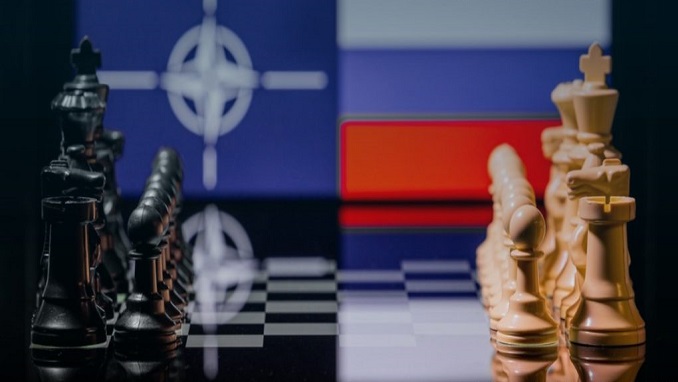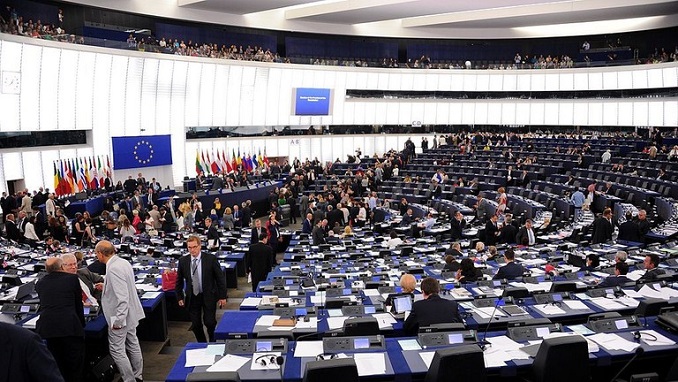In a 494-58 vote and 44 abstentions, the European Parliament on Wednesday declared Russia a state sponsor of terrorism over its war on Ukraine and urged the 27 EU’s member states to make the same designation with all the negative consequences this implies.
The EP, however, cannot compel any EU governments of member-states nor the European Commission to accept its policy recommendations, which are often bold when concerning foreign policy stances.
EP recommends, among other things, changing EU law to allow states to be designated as a sponsor or perpetrator of terrorism.
Approved by a large majority of MEPs, the non-binding resolution cited mass murder of civilians with the aim of eliminating the Ukrainian people and the deliberate physical destruction of civilian infrastructure as reasons behind the designation of Russia as a state sponsor of terrorism.
So far, the current Russian regime has been declared a terrorist one by the parliamentary assembly of the Council of Europe, which is not part of the EU, whereas Poland, the Czech Republic, and the Baltic states, all members of the EU, have already declared Russia a state sponsor of terrorism.
Commenting on a similar initiative by European lawmakers previously on Tuesday, the US Ambassador-at-Large for Global Criminal, Justice Beth Van Schaack underscored that the US cannot designate Russia as a state sponsor of terrorism in terms of the way US law defines it since it simply does not fit the relevant criteria.
Van Schaack noted that Washington, however, is exploring other potential designations that would allow the Biden administration to potentially impose further sanctions on Russia.

This is another instance in which the US shows a more balanced stance towards Russia compared to its European allies.
Previously on Wednesday, a NATO source emphasized that the US has established a moderate approach toward Russia within NATO despite calls for the opposite among members, especially from some eastern European members.
The US and Russia had set up a deconflicting crisis cell at the political-military level at the beginning of the war in Ukraine to avoid any dangerous military action by air or sea – in the Black Sea, above all – across the world.
While traditional NATO members, such as France, Turkey, Italy, and Greece, were more moderate in this regard, countries like the UK, Scandinavians, a group of eastern Europeans, and former Yugoslavian countries insisted on a zero-sum approach to Russia.
